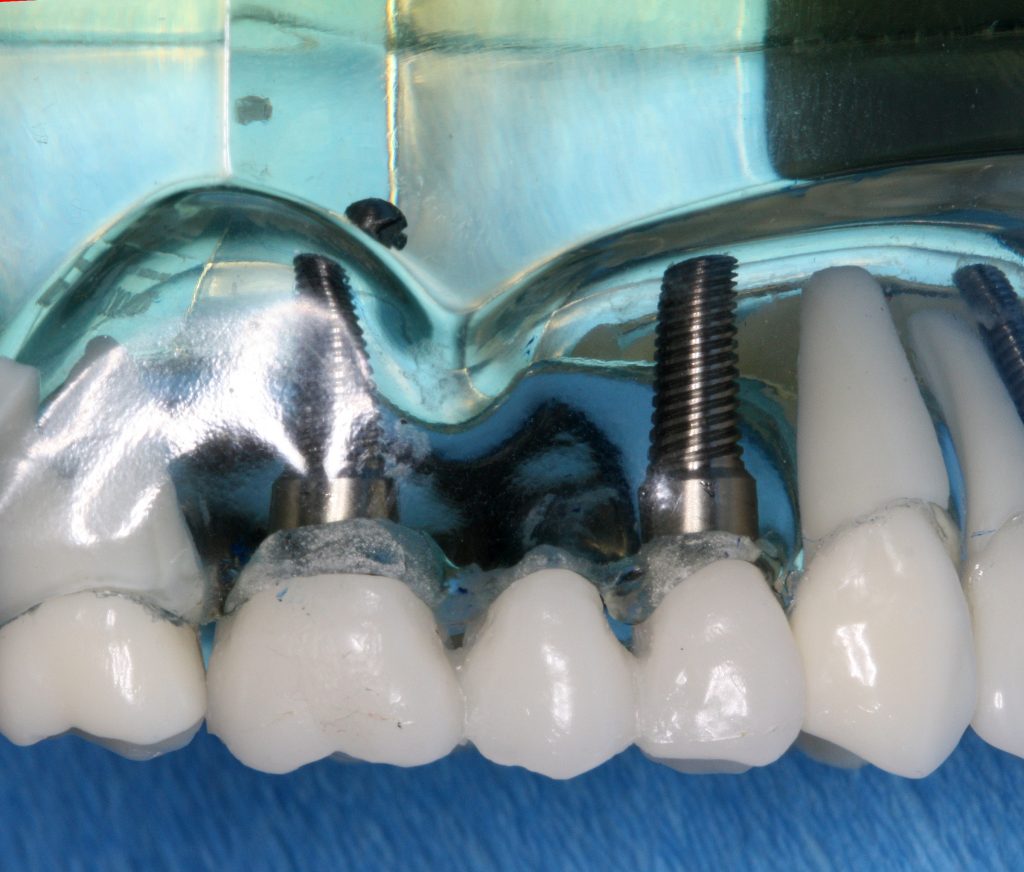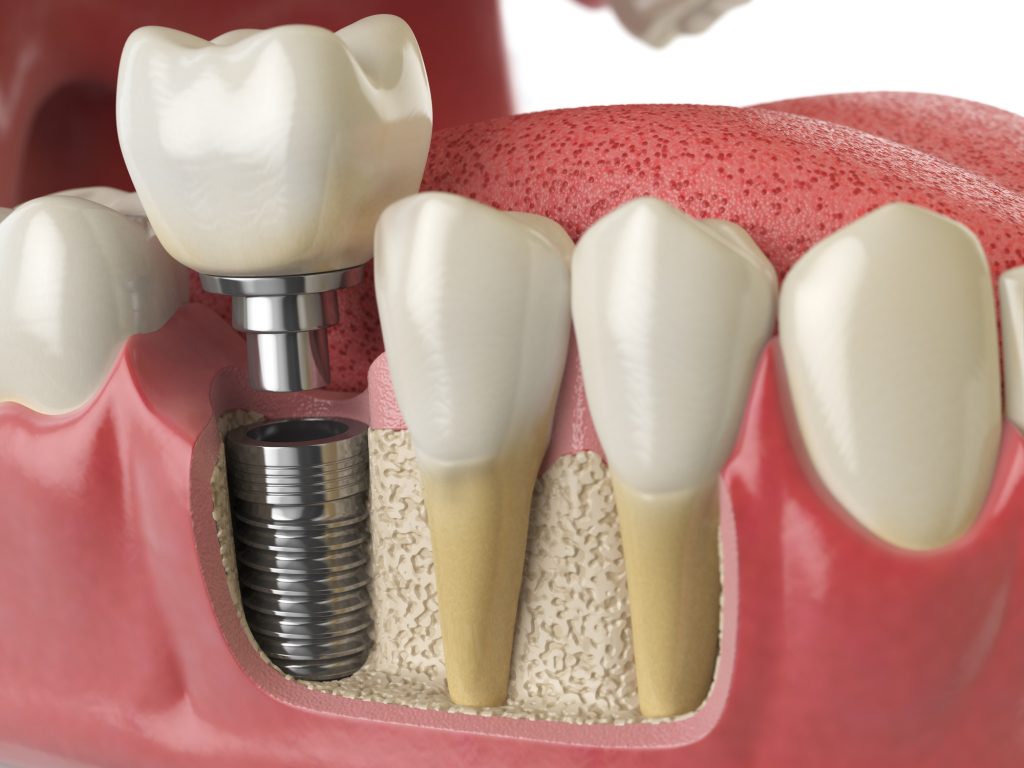What Makes Dental Implants Better Than Dentures?
Missing teeth are not only unhealthy for your mouth. They can also impact your overall health and self-esteem.
If you’re missing teeth, there’s no reason to be ashamed. Tooth loss is fairly common, not just for the elderly but also for younger individuals. Nearly 70% of adults worldwide, aged 35 to 44 years have at least one missing tooth, and 1 in 4 people over the age of 74 are missing all of their teeth.
Dental implants and dentures can help restore confidence in your smile and keep your mouth healthy. If you’re having trouble deciding, we’re sharing the benefits and drawbacks of each option:

Are Dental Implants or Dentures Even Necessary?
First things first, do you even need dental implants or dentures? This is a good question to ask before taking the plunge and deciding between the two.
Your confidence can take a hit when you’re missing teeth, but that’s not the only reason you should consider dental implants or dentures. Missing teeth can affect your health more than you realize.
When gums are exposed, it’s easy for food and bacteria to get stuck in them. And, if these food bits and bacteria aren’t removed, they could lead to nasty infections. Infection is often followed by gum disease, which has been linked to both heart disease and diabetes.
Missing teeth affect the structure of your jaw as well. Your missing tooth’s next-door neighbors may try to fill the gap by shifting to cover for your lost soldier. This tooth shift can have a domino effect. As your teeth move, your jawbone shifts over time and your mouth structure becomes more unstable. All the above can lead to tooth decay and losing even more teeth.
Now that you know some form of tooth replacement is necessary, how can you tell which is right for you?
Are Dentures Right for You?
Dentures are a set of false teeth, and in the past, they were the only option that people who experienced tooth loss had in order to improve the function and appearance of their mouth. To keep the teeth in place, a denture adhesive or paste is needed. Without this adhesive, dentures can slip out of their proper place while speaking and eating, and this can result in considerable embarrassment. Partial dentures are available if you have some teeth remaining, but they can promote decay and infection in the remaining teeth if they don’t fit properly.
Dentures have come a long way over the centuries. Where our forefathers used a mix of rare hippopotamus ivory, human bone and metal fasteners to replace missing teeth, we fortunately have much better options today.
There are some benefits associated with dentures that have people continuing to choose this system. If you have an unhealthy or weak jaw or gums, dentures are a great way to ensure that you can still have the appearance of an entire set of teeth. Advances have also been made to make false teeth look more natural, so you don’t have to let everyone know that you are wearing dentures. The upfront costs with dentures are also less expensive than dental implants, but it is important to note that you will likely need to replace them every few years.

How Do Dental Implants Measure Up?
Dental implants are permanent teeth replacements, and they’ve become a popular alternative to dentures over the past few years. While they cost more than dentures, they last longer and save you money over time. Dental implants lead to fewer visits to the dentist because they’re easier to maintain compared to dentures.
With dental implants, you never have to worry about them falling out while speaking or laughing in social situations. Also, they feel more comfortable and look more natural than dentures. If you want to feel like you’ve never lost a tooth in the first place, dental implants are your best option!
While weighing your options, it’s always a good idea to talk to a dentist like Dr. Nicholas B. Rowley of Rowley Family Dentistry, who can help you make the right decision and explain the differences in detail. Check his website today for contact details.



